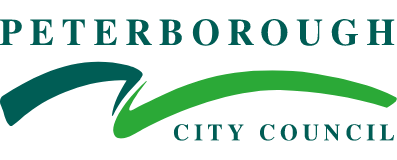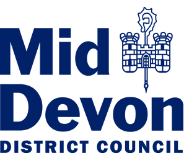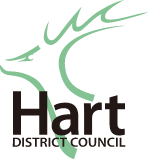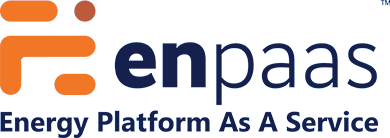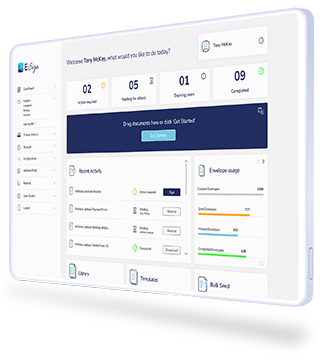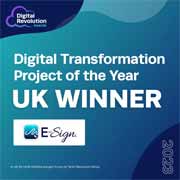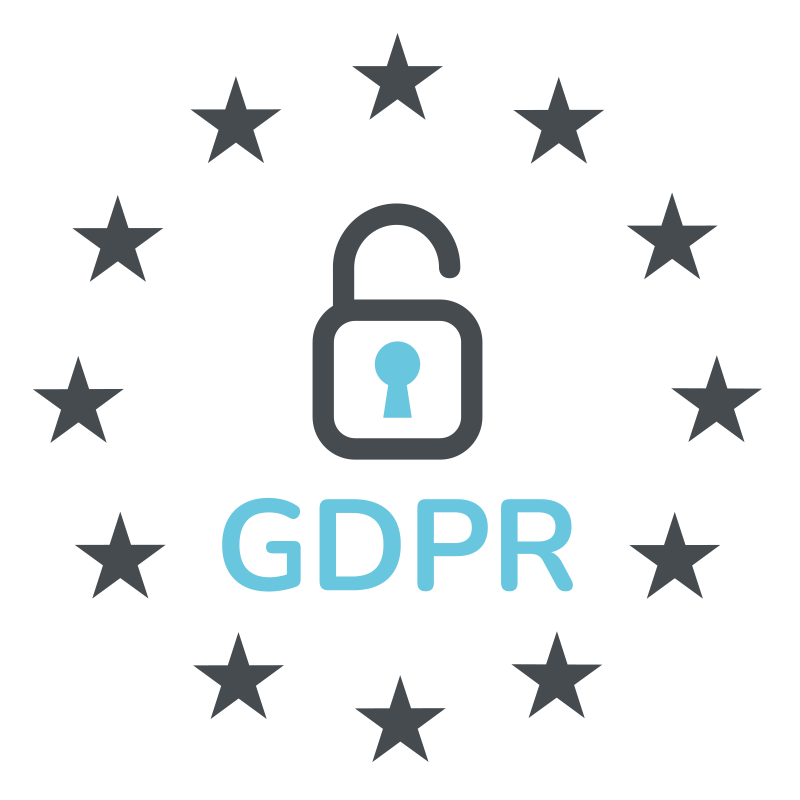The Legality of eSignatures in Ireland
Explore the legality of electronic signatures in Ireland and the laws and regulations that govern their use.
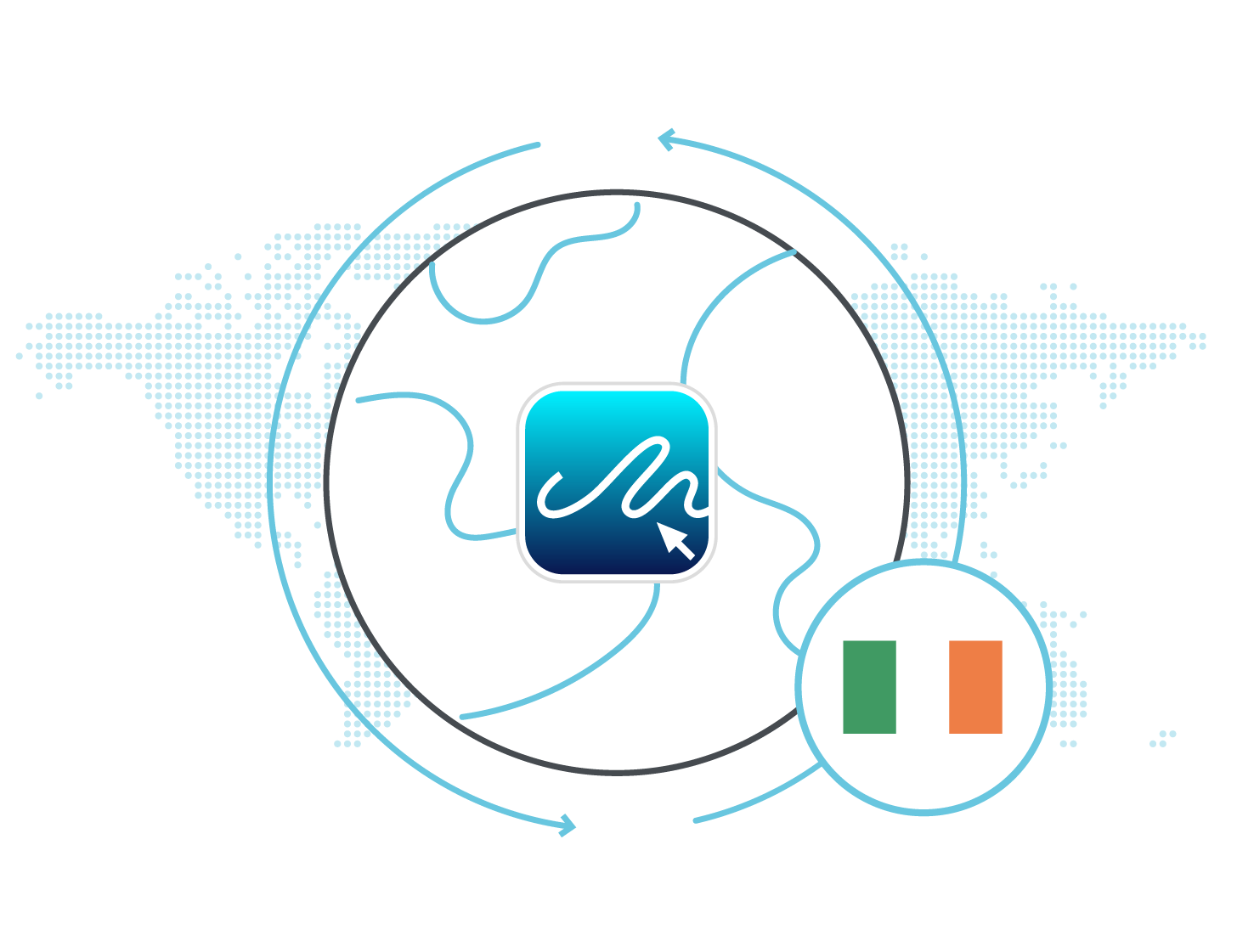
Trusted By
Are eSignatures Legally Binding in Ireland?
Documents that can be electronically signed
The following types of transactions are eligible for the use of electronic signatures in Ireland:
- Consumer transactions
- Non-disclosure agreements
- Insurance
- Healthcare
- Life sciences
- Procurement
- Education
- IT
- Marketing
- HR
- SME business
Documents that may not be electronically signed
In the below types of transactions, electronic signatures may not always be accepted in specific circumstances, these will be assessed on a case-by-case basis.
- Statutory/sworn declarations and affidavits
- Trust documents, wills, and enduring powers of attorney
- Prescriptions issued by a medical practitioner outside of Ireland which are presented for dispensing in Ireland
- Documents that pertain to the procedures, practices, or rules of a court/tribunal
Typically, at the time of writing, electronic signatures are not commonly used in Ireland for documents that require a witness or that are under seal.
Types of e-signature permitted in Ireland
The eIDAS regulation defines an electronic signature as data in electronic form which is attached or logically associated with other data in electronic form and which is used by the signatory to sign. It distinguishes between three types of e-signature, simple, advanced, and qualified.
- Simple – the most basic form of e-signature that can be in the form of typing your name at the bottom of an email or checking an approval box. There are no specific security or identity verification requirements for a simple e-signature.
- Advanced – this type of signature is uniquely linked to the signer, can accurately identify the signer, is created using data that the signer can be confident is under their sole control and is linked to the data in a way that detects any subsequent changes that are made. Advanced electronic signatures are more secure than simple signatures and are legally binding in most use cases.
- Qualified – this type of signature is similar to advanced but has additional requirements providers must adhere to. They must be certified based on public keys that have been issued using proper technological means. This means that the identity verification process is multi-step, using both encrypted keys and two-factor authentication.
Ireland law does not have a separate definition for electronic signatures outside of the one established by eIDAS.
Notable legality changes since 2020
None. Ireland continues to adhere to the e-signature definitions and rules introduced by the Electronic Communications Act and the EU eIDAS regulation.
Publicly Accessible Links to Laws/Regulations Discussed
- Electronic Communications Act 2000
- Regulation (EU) No 910/2014 of the European Parliament and of the Council of 23 July 2014 on electronic identification and trust services for electronic transactions in the internal market and repealing Directive 1999/93/EC
- Electronic Commerce Act 2000
Disclaimer
The content provided on this website is meant for general informational use only and does not constitute legal advice. Legal regulations on this topic can evolve rapidly, so E-Sign does not ensure that the information presented here is always up-to-date or accurate. If you have particular legal concerns regarding any details on this site, it is recommended that you consult with a licensed attorney in your jurisdiction.
Last Updated 9th October 2024



